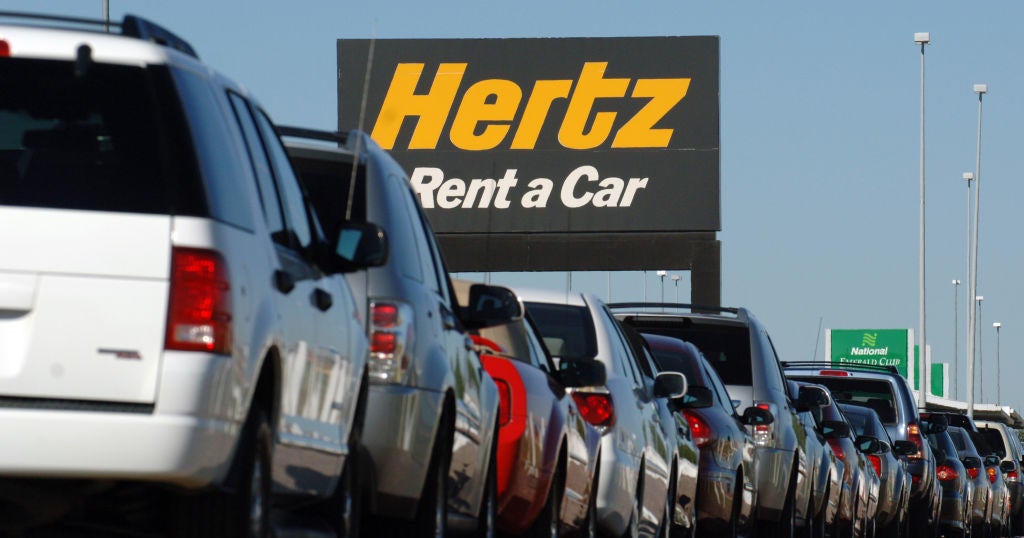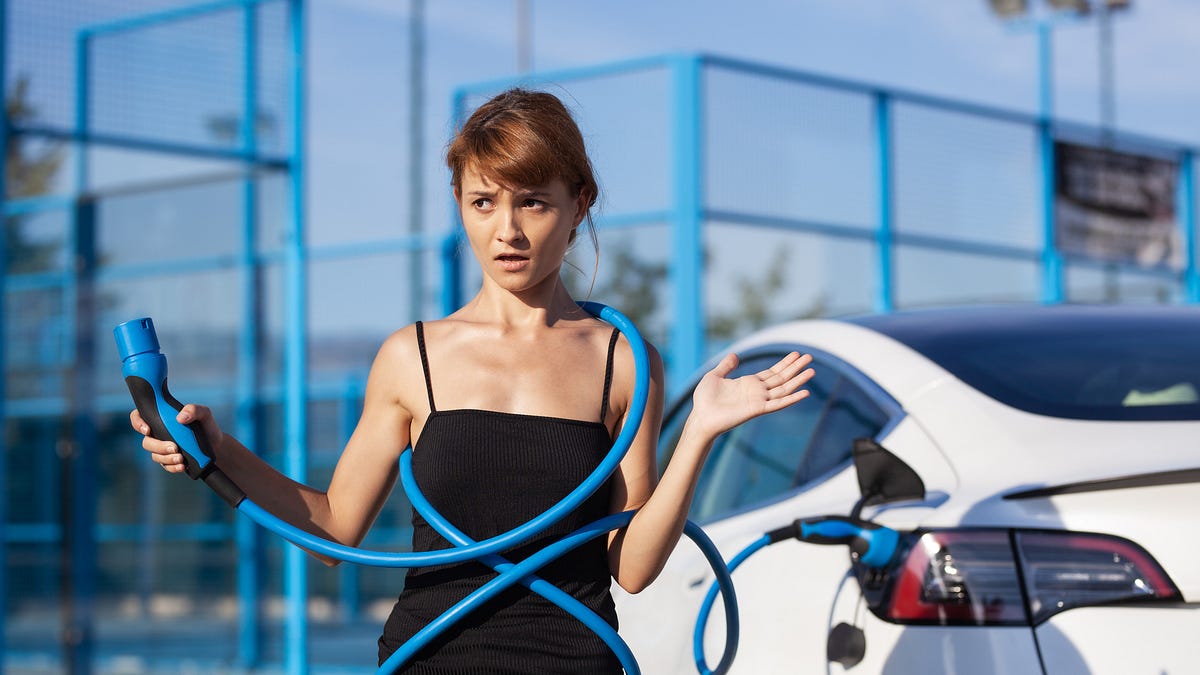keep watching the ford maverick pickup( so interesting in fact i may even get the pure gas version) the 25 model year should have everything you are looking for.
Unfortunately not available in Australia. I'd buy one in a heartbeat if they were!
keep watching the ford maverick pickup( so interesting in fact i may even get the pure gas version) the 25 model year should have everything you are looking for.
I represent a small group of hybrid buyers. I have a Wrangle Rubicon 4xe hybrid . It makes me feel good but not because it's footprint and environmental push. The hybrid set up gives my Jeep 380 HP and 470 lb-ft of torque. The standard Wrangler has 286 HP and 260 lb-ft of torque. with the 3.6L V6.no disrespect,why would a hybrid make someone feel good? it has an initial carbon footprint higher than an ice or ev.
Nice. 4Xe is my wife’s dream vehicle.I represent a small group of hybrid buyers. I have a Wrangle Rubicon 4xe hybrid . It makes me feel good but not because it's footprint and environmental push. The hybrid set up gives my Jeep 380 HP and 470 lb-ft of torque. The standard Wrangler has 286 HP and 260 lb-ft of torque. with the 3.6L V6.
are they bringing the "ranchero" to aussie land? it looks like a conventional ute?


 www.theblaze.com
www.theblaze.com
https://electrek.co/2024/03/22/hyundai-ioniq-6-kona-ev-cheapest-cars-to-lease/I found a couple of 2024 Kona EVs available in the Piedmont Triad area! Hope to test drive sometime this week.
Good luck trying them out. I'm sure you'll love the torque and the quiet. Let us know how it goes!I found a couple of 2024 Kona EVs available in the Piedmont Triad area! Hope to test drive sometime this week.

An interesting article, but it fails to mention three important EV negatives.Mythbusters for EVs

A guide to electric car misinformation (part 2)
The truth is, when it comes to the environment, there really is no such thing as a “good” car.open.substack.com
I will cross post this in the transition thread since they've got different readers as far as I can tell.
Both points 2 and 3 are likely to be long term issues really. People will handle blackouts as they do now ( by compliancy followed by panics) and maybe a fossil fuel generator. Trained mechanics and replacement proprietary parts may be an issue for a very long time. Adequate range and chargers can be solved ... in the metro areas, technically at least. Out here in the sticks , IDK.An interesting article, but it fails to mention three important EV negatives.
1 - lack of charger locations and finding one that isn't broken.
2 - How do we handle the many issues associated with large scale, long term blackouts, particularly in hurricane prone areas?
3 - high cost of repair, which causes customer dissatisfaction.
Yes, 1 and 3 will improve over time, but #2 will haunt us well into the future.
Plastic could be a miracle substance ... used for medical devices, construction materials that can last a century, etc. Instead we use it to bag garbage, cheap toys, and for one way packaging . BAH.ended up reading a plastic recycling farce article a well,our big problem is too much of everything, big offenders(after digging through private dumps for years are plastics basically,imo glass doesnt hurt anything and paper will go away in an aerobic environment, metals tend to be recycled(if there is a profit to be made material will be recycled) bleach and detergent bottles, milk jugs last for decades thermo plastics like old tires hang around for centuries probably less than 10% of plastic gets recycled people like a young lady in africa have started cottage industries making things like paving tiles out of recycled plastic,more people like her couldnt hurt things, at least our passions tend to be recycled and recycleble.
no .4 the hate, the icers and the vigilantes,if i witnessed a vigilante unplugging a charger i would either tell them to mind their own business or wait till they left and plug it in again.
I'm no chemist, but I'm afraid you are correct. Self discharge is a real thing with most batteries. There are chemistries that don't have that issue, but I don't know where you can buy batteries like that.Maybe someone can answer my question regarding battery life in seldom used tools, automobiles, ebikes, snow blowers etc. The issue I have with electric equipment is the battery longevity. Say I intend to keep a car for 15-20 years and don't put many miles on it. I fear the battery pack will die in a few short years so the cost per mile will soar.
Older battery chemistries, like NiCd and NiMh, were notorious for self discharge. Newer batteries, using lithium technology, are much better at holding a long term charge. The quality of battery construction also plays a part. Internal battery maintenance systems (BMS) in quality battery packs, can also make a significant improvement in charge retention. There are exceptions, but from my experience, in general, the more you pay for a battery, the longer it will last.Maybe someone can answer my question regarding battery life in seldom used tools, automobiles, ebikes, snow blowers etc. The issue I have with electric equipment is the battery longevity. Say I intend to keep a car for 15-20 years and don't put many miles on it. I fear the battery pack will die in a few short years so the cost per mile will soar.
You will probably have to wait for EVs to become more widespread and have options like removable/replaceable batteries.Maybe someone can answer my question regarding battery life in seldom used tools, automobiles, ebikes, snow blowers etc. The issue I have with electric equipment is the battery longevity. Say I intend to keep a car for 15-20 years and don't put many miles on it. I fear the battery pack will die in a few short years so the cost per mile will soar.
Curious about how you determine SOC. Grin charger , voltmeter, anything better? I'm all ears ..Older battery chemistries, like NiCd and NiMh, were notorious for self discharge. Newer batteries, using lithium technology, are much better at holding a long term charge. The quality of battery construction also plays a part. Internal battery maintenance systems (BMS) in quality battery packs, can also make a significant improvement in charge retention. There are exceptions, but from my experience, in general, the more you pay for a battery, the longer it will last.
For example, I have a special use laptop which sits on the shelf for a year between uses. The OEM Lenovo battery is 9 years old and loses just 20% of it's capacity during a year of storage.
Some of my quality E-bike batteries, with Panasonic cells and BMS, sit unused for 6 months or more, and lose just 5% of their charge in that time. Three of them are 5 years old.
My DeWalt cordless tool batteries are the best at charge retention. They can sit unused for several months with no measurable loss of charge.
Usually, I just use a quality voltmeter and an appropriate reference chart, such as this one:Curious about how you determine SOC. Grin charger , voltmeter, anything better? I'm all ears ..